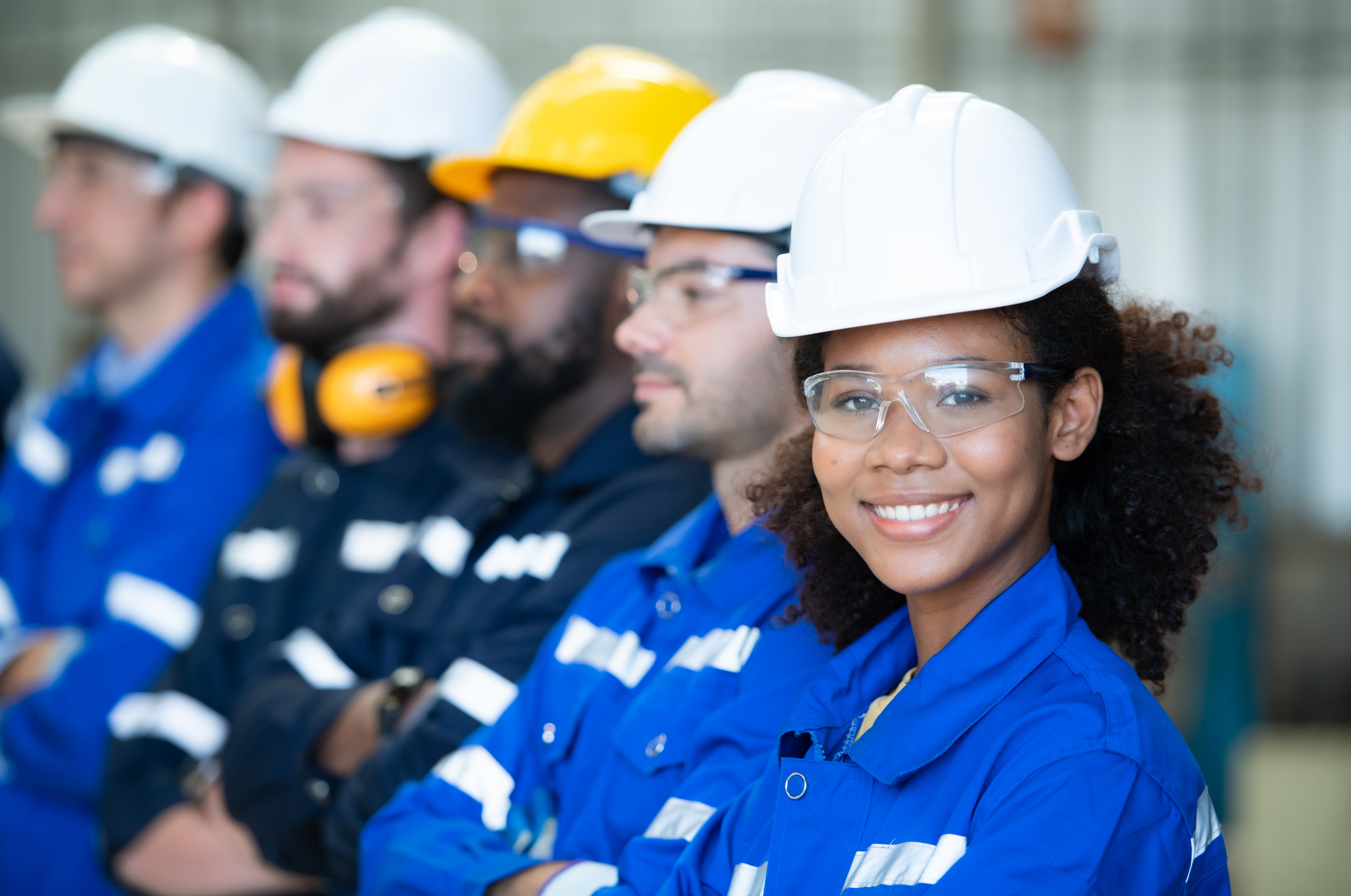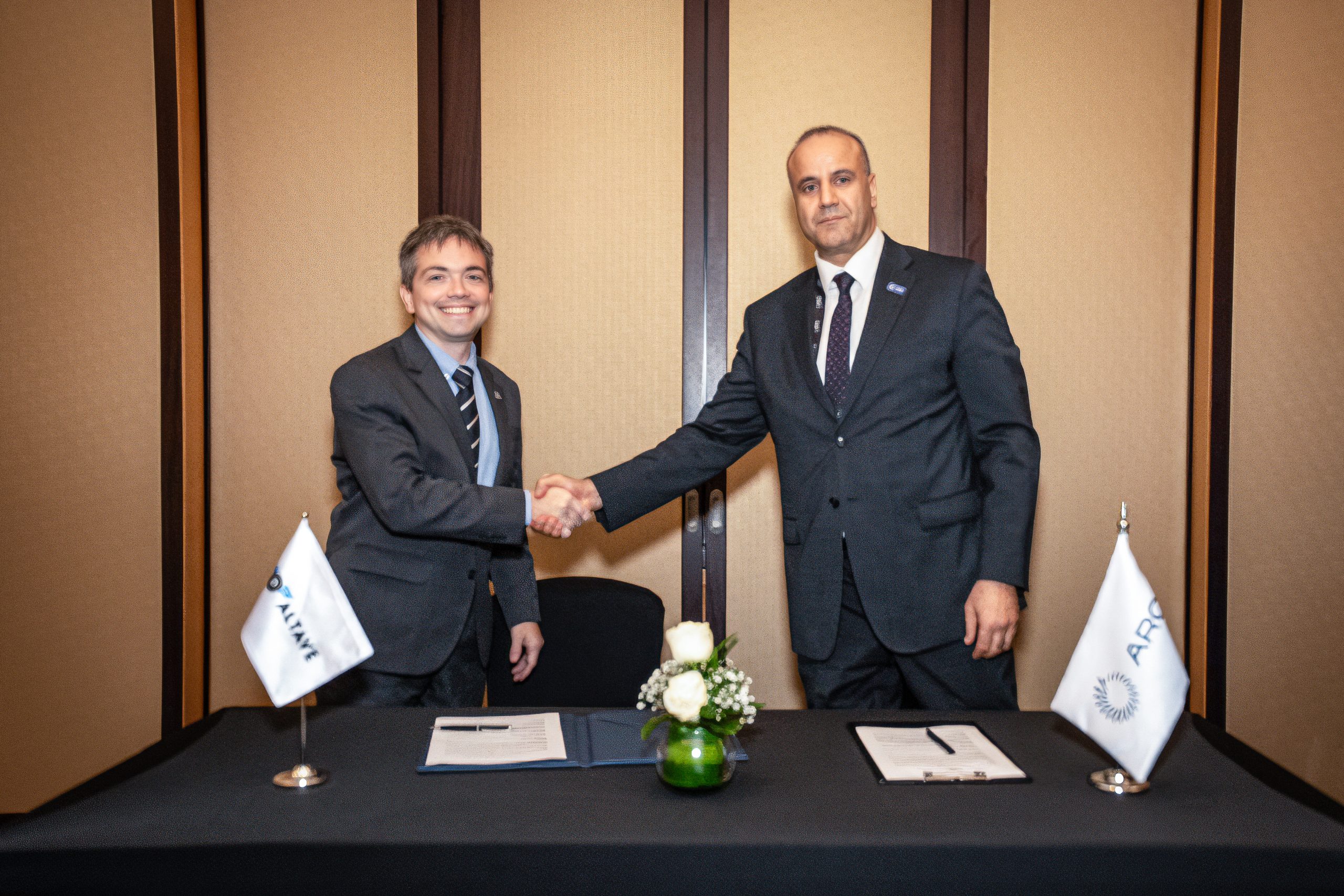Support vessels play a crucial role in the maritime industry, providing support and assistance in various operations on the high seas, ports, rivers and canals. In this article, we will explore the different types of support vessels, their characteristics and specific functions.
To understand the importance of support vessels, it is essential to recognize that without them it would be practically impossible to carry out complex maritime operations, such as oil exploration and port activities. They play an essential role in ensuring the safety, efficiency and sustainability of maritime operations.
The aim of this article is to provide a comprehensive overview of the different categories of support vessels, from those used in offshore operations to those employed in port, river and cabotage operations. We will explore their characteristics, functions and the importance of each segment in the maritime industry, highlighting how they contribute to the efficient and safe operation of maritime activities around the world.
Types of support vessels
Support vessels play a key role in the maritime industry, providing support and facilitating various operations in different aquatic environments. Let's explore the main types of support vessels in more detail:
Offshore support vessels
Offshore support vessels are designed to operate on the high seas, especially in activities related to oil and gas industry. They play crucial roles in transporting supplies, equipment and personnel to oil platforms, as well as assisting in rescue and firefighting operations.
Port support vessels
Tugs, pushers and ferries are examples of port support vessels, essential for operations within ports. They carry out tasks such as berthing maneuvers and towing ships, contributing to the efficiency and safety of port operations.
River support vessels
Barges and trains are used on rivers and canals, facilitating the transportation of goods and passengers in an economical and sustainable way. These vessels play a crucial role in river logistics, allowing access to areas that are not reached by other means of transportation.
Cabotage support vessels
Ferry boats, speedboats and catamarans are examples of cabotage support vessels used for transportation between national ports. These vessels play a vital role in the country's maritime connectivity, facilitating the transportation of cargo and passengers efficiently and safely.
What are offshore support vessels?

Offshore support vessels play a key role in the oil industry by providing logistical and operational support. These vessels are designed with specific characteristics to meet the demands of the offshore environment.
Essential for guaranteeing the supply and operation of oil platforms in remote locations where land-based logistics are not viable, support vessels play a vital role in the O&G sector due to their ability to transport supplies, equipment and personnel.
The different types of support vessels include supply vessels, which are responsible for transporting essential supplies such as food, water, equipment and chemicals to the platforms. Tugboats are used to tow and position the platforms, ensuring their stability and safety. Crewboats are responsible for the efficient and safe transportation of the crew between the coast and the offshore platforms.
In addition, offshore support vessels perform several crucial functions in the industry, such as supporting maintenance, installation and emergency operations on oil platforms. They are essential for ensuring the continuity of offshore operations and the safety of the people and resources involved.
Types of offshore support vessels
There are various types of offshore support vessels, each with specific functions to meet the demands of the industry. Among the main types are:
- AHTS (Anchor Handling Tug Supply): Specialized in handling anchors and towing platforms, and can carry out extra activities such as rescuing people in the event of accidents, fighting fires, among others;
- Crewboat: High-speed vessels specialized in transporting offshore support personnel and crews for vessels involved in offshore operations;
- LH (Line Handler): They operate in the unloading of oil from the production and storage facilities onto the tankers and assist them during loading onto the mooring systems, taking part in maintenance work on the floating flexible hoses;
- PSV (Platform Supply Vessels): They provide supplies to offshore installations, transporting pipes, materials, food, parts in general, among others;
- OSRV (Oil Spill Recovery Vessel): They combat oil spills in the ocean, using electrical systems that work in the area of the oil slick and in atmospheres containing natural gas from the evaporation of oil;
- MPOSV (Multipurpose Offshore Support Vessels): Multipurpose vessels that meet the diverse needs of the offshore industry.
What aspects differentiate this vessel from other ships?
Offshore support vessels are distinguished from other vessels by a series of specific features and functionalities that make them essential for operations in the oil sector. Here are some of the aspects that differentiate these vessels:
- Adaptation to sea conditions: Offshore support vessels are designed and equipped to operate in severe sea conditions, offering stability and safety even in rough seas and strong winds;
- Cargo and storage capacity: These vessels are designed to transport large quantities of supplies, equipment and personnel between the oil platforms and the coast, guaranteeing the continuous supply of offshore operations;
- Specialized equipment: In addition to the basic components, offshore support vessels are equipped with cranes, dynamic positioning systems and other specialized equipment to ensure efficient and safe operations;
- Operational flexibility: A key feature that sets offshore support vessels apart is their ability to adapt to the different demands and needs of offshore oil platforms. These vessels can perform a variety of functions, from transporting cargo and personnel to rescue and firefighting operations;
- Advanced technology: Offshore support vessels can be equipped with cutting-edge technology, including advanced communication systems, remote monitoring and state-of-the-art safety equipment. This guarantees efficient operations and the safety of the crew and the cargo being transported;
- Environmental sustainability: In a scenario increasingly focused on sustainability, offshore support vessels stand out for adopting practices and technologies aimed at reducing the environmental impact of their operations. From using cleaner fuels to implementing pollution prevention measures, these vessels are committed to preserving the environment.
These aspects differentiate offshore support vessels from other ships, highlighting their importance and relevance in supporting offshore oil activities.
Papel na indústria de petróleo e gás
O papel das embarcações de apoio offshore na indústria de petróleo e gás é crucial para o funcionamento das operações. Elas garantem o abastecimento contínuo das plataformas, o transporte seguro de pessoal e equipamentos, além de contribuírem para a segurança e eficiência das atividades offshore.
Conclusion
The variety of support vessel categories plays a crucial role in the maritime industry, meeting diverse transportation and logistics demands on a global scale. From offshore support vessels, which are essential for oil and gas operations, to cabotage support vessels, which connect national ports, each category of vessel has specific characteristics and functions that contribute to the efficiency and safety of maritime operations.
Offshore support vessels, in particular, are indispensable for the continuous and safe operation of the offshore oil industry. Carefully designed to withstand harsh maritime conditions, these vessels provide logistical support, transport supplies and guarantee the safety of operations on oil platforms.
Their advanced systems and operational flexibility allow them to perform multiple functions, from crew transportation to emergency operations. At the same time, these vessels contribute to advancing the operational sustainability of the O&G sector by adopting technologies that minimize environmental impact.
Thus, offshore support vessels not only underpin the efficiency of operations, but also play a vital role in safety and environmental protection in the oil sector.
About ALTAVE
ALTAVE is a Brazilian company, accredited as a Strategic Defense Company (EED), with patented technology in Brazil and abroad. The company has obtained CE marking, indicating the approval of its product quality to be marketed throughout the European Union.
ALTAVE has been offering efficient, differentiated and quality solutions for over 10 years for the Defense and Security, Energy, Mining, Ports, Agribusiness and Oil and Gas sectors.
- Learn more at: altave.com.br/en/
- E-mail: [email protected]
- Press inquiries [email protected]





